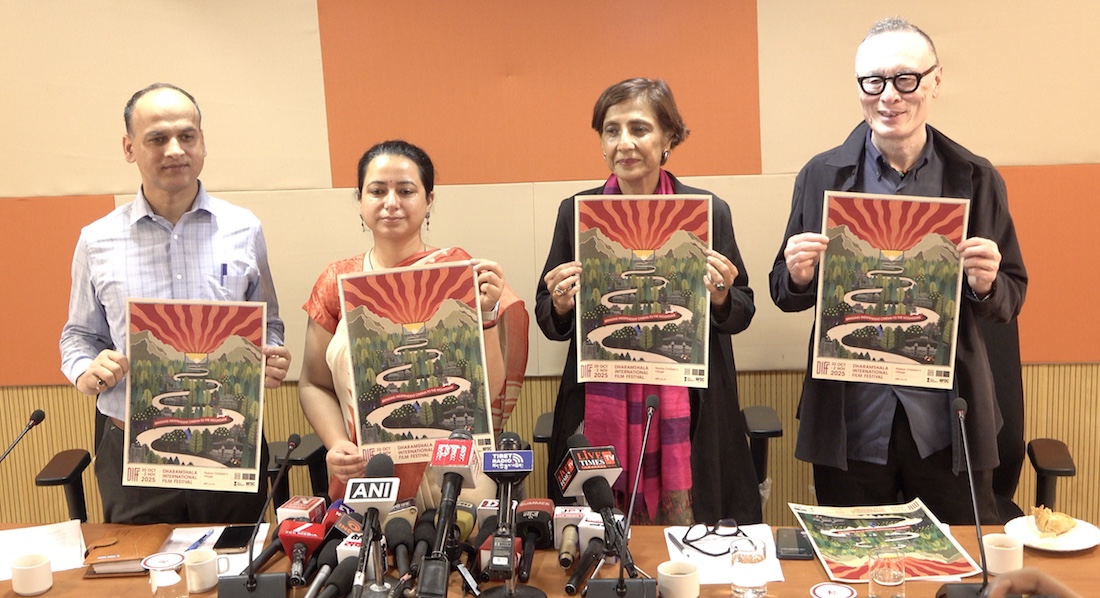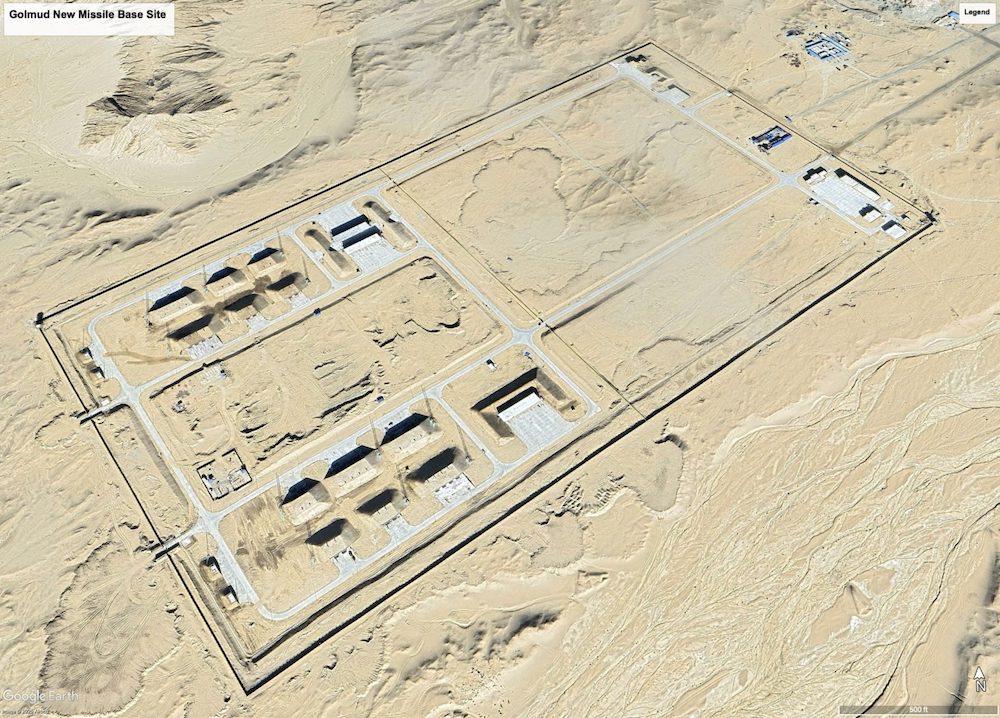China’s Censorship undermines WSIS and Human Rights Principles
Geneva – On the occasion of Human Rights Day, a group of 100 Tibetans and supporters protested China’s information policy in Tibet. A banner saying “China: Tibet can’t be silenced.” was displayed outside the conference building of the World Summit on Information Society. Activists shouted “Censorship can’t kill truth – Free Tibet”. In recent months, Chinese Government repression of Tibetans who struggle for freedom and the survival of their culture has increased, and dissemination of information is increasingly controlled. For example, no information is available about the whereabouts of the young Panchen Lama and many other key figures of the Tibetan struggle. The Tibetan organisations and their supporters call upon the WSIS to affirm the right of the people to have free access to information.
According to reports from Tibet, local and regional governments in Chinese occupied Tibet are imposing restrictions on the use of internet and jamming Tibetan language foreign radio broadcasts (Voice of America, Radio Free Asia, Voice of Tibet). This new crackdown has created an atmosphere of fear and intimidation among Tibetans wishing to listen to overseas radio broadcasts. Electronic mail, news reports and postings from the Voice of America and popular chat rooms, which serve as forums for discussion on current issues, are monitored and filtered out. The words Tibet, Taiwan, and Xinjiang trigger automatic filtering. The UN Special Rapporteur on Freedom of Expression and Opinion warned that excessively stringent regulation on these grounds betrays a paternalistic attitude and frustrates the internet’s potential to ensure respect in practice for the right to freedom of expression. This summer, a massive internet campaign from inside China started to infect computer systems of Western supporters and Tibetans living in exile.
Mrs Nima Changten spokesperson of the Tibetan organisations, accused the Chinese of attempting to use the WSIS prepcoms as a platform to legitimize China’s restrictive policy of censorship. “The situation in occupied Tibet shows,” she said, “that the Chinese human rights policy is not going to change. The international community shouldn’t be misled by Chinese propaganda that there is a sincere will among their leadership to advance to an open society.”
ITSN (International Tibet Supportgroup Network) is seriously concerned that the Chinese leadership continue to conceal the whereabouts of the young Panchen Lama who is still under arrest. ITSN spokesperson Mrs. Alison Reynolds said: “It is intolerable that a young child is deprived of his rights and is taken hostage by a paranoid dictatorial regime.”
It is pivotal for the understanding of China’s repression machine to look beneath the glittery surface. Unfortunately, governments and multinational corporations are too willing to look aside and to be seduced by promising business opportunities.
The protesters went after the protest at the WSIS to the UN headquarter in the center of the town to hold a vigil for the victims of the human rights violations in Tibet.
Contact:
Mrs Nima Changten (German), +41 79276 56 52
Mrs Diky Garne (German), +41 79 277 48 10
Mr Tenzin D. Sewo (Tibetan), +41 79 506 85 12
ITSN (English), +44 771 1 84 38 84









